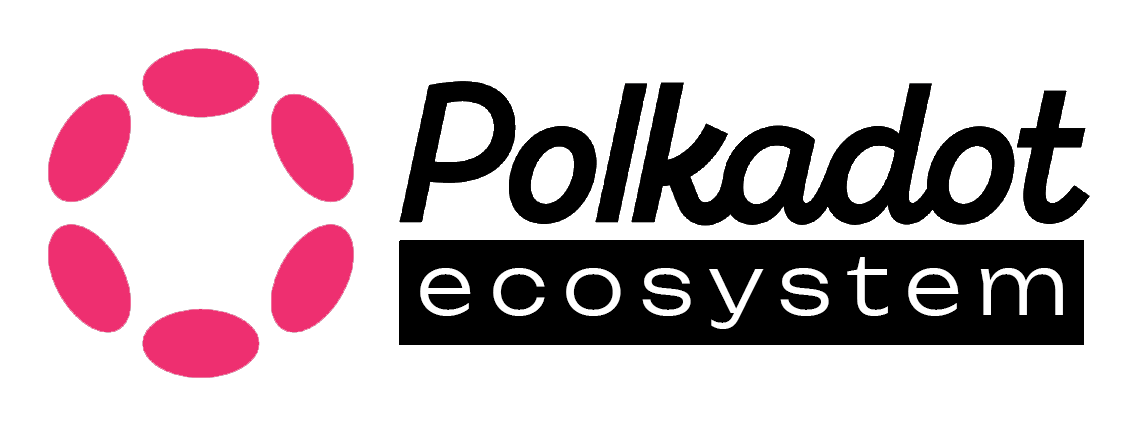Seun Lanlege - Crypto-Economic Coprocessors
Ce contenu n’est pas encore disponible dans votre langue.
In recent years, the blockchain industry has experienced exponential growth, with several challenges emerging in areas such as scalability, interoperability, and privacy. Addressing these fundamental issues requires innovative approaches, and one such concept gaining traction is the idea of crypto-economic coprocessors. At the Web3 Summit 2024 in Berlin, Seun Lanlege, founder of Polytope Labs, the creators of Hyperbridge, delivered an insightful presentation on the topic, shedding light on how these coprocessors could revolutionize blockchain computation and communication.
This article delves into Seun’s talk, examining the principles behind crypto-economic coprocessors, their connection to blockchain scalability and interoperability, and the potential applications in the blockchain space.
## Crypto-Economic Coprocessors Approach to Blockchain Scalability The concept of a coprocessor in computing is not new. In traditional systems, a coprocessor is a specialized hardware component designed to handle specific tasks more efficiently than a general-purpose CPU. These coprocessors accelerate computations like graphics rendering, data from sensors, or even cryptographic functions. Lanlege took this familiar concept and extended it to blockchain architecture, proposing crypto-economic coprocessors as a solution to the computational limitations imposed by blockchains.
The Bottleneck of Blockchain Scalability
Blockchain technology, while groundbreaking, faces significant challenges regarding scalability. As blockchains grow in usage, the need for increased computational throughput becomes critical. Seun Langele emphasized that blockchain scalability is fundamentally constrained by the laws of physics—specifically, the limitations of transistor-based silicon hardware and quantum tunneling issues. These barriers make it impossible to infinitely shrink hardware to improve processing power, leading to a need for computational extensions outside the blockchain environment.
In the context of blockchains, a crypto-economic coprocessor extends the computational capabilities of a blockchain by offloading complex or resource-intensive tasks. This offloading reduces the on-chain load and allows for more specialized processing, all while maintaining cryptographic verifiability through consensus mechanisms and state proofs.
The Anatomy of a Crypto-Economic CoprocessorLanlege clarified that a blockchain coprocessor operates similarly to traditional hardware coprocessors, except that it uses cryptoeconomic principles to ensure verifiable, decentralized computation. The idea here is that a blockchain’s computational capacity can be extended beyond its own ecosystem by introducing a separate, verifiable computational layer that operates based on a set of economic incentives, which are backed by cryptographic proofs.
This model leverages the consensus mechanisms of blockchains, such as Proof-of-Stake (PoS) or Proof-of-Work (PoW), alongside Merkle Trees for authenticated data structures, enabling state proofs and consensus proofs. These cryptoeconomic proofs provide a verifiable way of confirming that computations performed outside the main blockchain have been executed correctly and can be trusted.
Key components of the architecture include:
- Inputs: Transactions or data that need to be processed.
- Off-chain Computation: Handled by the coprocessor, potentially more efficiently than on-chain processing.
- Output: Results fed back into the blockchain, verified through cryptoeconomic proofs.
ZK Rollups vs Crypto-Economic Coprocessors
An interesting comparison Lanlege made was between ZK-SNARKs (Zero-Knowledge Succinct Non-Interactive Argument of Knowledge) and crypto-economic coprocessors. ZK-SNARKs are used in ZK rollups, a scaling solution that compresses multiple transactions into a single proof that is then submitted to the blockchain. While ZK-SNARKs are highly secure and private, they suffer from significant computational overhead, particularly as the size of computations grows. This problem, termed asymptotic slowdown, means that the same algorithm executed in a ZK-SNARK environment could take exponentially longer and require far more computational resources compared to native execution.
Crypto-economic coprocessors offer a solution to this issue by offloading computational tasks from the blockchain and performing them in an external, but still cryptographically verifiable, environment. They provide computational efficiency while ensuring the necessary cryptoeconomic security guarantees. These coprocessors offer a trade-off where proof of computation is derived from consensus mechanisms, allowing for parallelization and aggregation of computational results in a cost-effective manner.
The Role of Polkadot: An Interoperable Co-Processor
One of the standout aspects of Seun’s presentation was his reference to Polkadot, a blockchain protocol known for its focus on interoperability and scalability. Polkadot’s unique design allows different blockchains, known as parachains, to communicate and share security within a single ecosystem. This makes Polkadot an ideal platform for implementing crypto-economic coprocessors.
Lanlege noted that Polkadot already functions as a type of interoperability coprocessor. Its architecture allows for the aggregation of messages and data across different chains, ensuring efficient communication between them. For example, the Relay Chain in Polkadot verifies transactions from different parachains and provides a cryptoeconomic guarantee that the state transitions are valid.
Applications of crypto-economic coprocessors in Polkadot could involve:
- Cross-chain messaging: Authenticating and aggregating messages between multiple blockchains.
- State validation: Verifying the state of parachains and ensuring their validity through consensus proofs.
- Security provisioning: Providing security guarantees to other blockchains or decentralized applications (dApps) by extending Polkadot’s security to external processes.
## Key Applications of Crypto-Economic Coprocessors Beyond just solving scalability and interoperability issues, crypto-economic coprocessors offer a wide range of applications in the blockchain ecosystem. Lanlege outlined several promising areas where these coprocessors could play a crucial role.
- Interoperability Coprocessors: Interoperability between blockchains has long been a challenge, with many solutions relying on trusted third parties to authenticate messages. Crypto-economic coprocessors could provide a decentralized alternative by using cryptographic proofs to validate cross-chain communications without needing intermediaries. This would significantly enhance trust and security in cross-chain bridges and decentralized finance (DeFi) applications that depend on multi-chain interactions.
- State Refinement Coprocessors: Lanlege introduced the idea of state refinement—the process of taking raw on-chain data, such as prices from decentralized exchanges like Uniswap, and refining it into more usable forms like time-weighted averages (TWAPs). By offloading these computations to a crypto-economic coprocessor, blockchains can enhance the accuracy and reliability of on-chain data used by lending protocols and other DeFi systems.
- Data Availability Coprocessors: A data availability coprocessor would ensure the availability and integrity of data, such as Layer 2 rollup data, in a decentralized manner. These co-processors could be responsible for storing data and providing cryptographic proofs of its availability, which is critical for ensuring the liveness of rollups and other off-chain data solutions.
- ZK-Proof Aggregation Coprocessors: Although ZK rollups are a powerful tool for scalability, the aggregation of multiple ZK proofs can be computationally expensive. Lanlege suggested that a crypto-economic coprocessor could handle this aggregation more efficiently than a native ZK-based approach, providing faster finality for proofs and reducing the computational load on individual ZK rollups.
- Trusted Execution Environments (TEEs): Lanlege even hinted at potential future applications involving trusted execution environments (TEEs), which could extend on-chain computation capabilities into secure, isolated hardware environments. This could enable use cases like sealed-bid auctions or AI attestation within a blockchain ecosystem, ensuring that off-chain computations are both secure and verifiable.
Challenges and Future Outlook
While the potential of crypto-economic coprocessors is vast, Lanlege acknowledged several challenges in their implementation. Chief among these is the need for high economic security. For a blockchain to act as a reliable coprocessor, it must have significant capital or work securing its consensus. A blockchain with low economic security could be vulnerable to attacks, undermining the trust placed in its computations.
Furthermore, the auditability of complex blockchain systems, particularly those relying on ZK proofs or cryptographic techniques, remains an ongoing challenge. As the blockchain space matures, improving the ease and reliability of auditing cryptographic proofs will be essential for widespread adoption.
Despite these challenges, Lanlege’s talk demonstrated the immense potential of crypto-economic coprocessors to shape the future of blockchain technology. By extending the computational capabilities of blockchains, these co-processors could unlock new use cases, from decentralized computation and cross-chain communication to secure off-chain data handling.
Conclusion
Seun Lanlege’s presentation at the Web3 Summit 2024 in Berlin introduced the concept of crypto-economic coprocessors as a powerful solution to blockchain scalability, interoperability, and privacy challenges. By leveraging cryptoeconomic proofs and offloading complex computations, blockchains can extend their computational capabilities while maintaining trustless, verifiable systems. Follow Polytope Labs and its Hyperbridge] project to know more about this topic.
As blockchains like Polkadot continue to evolve, crypto-economic coprocessors could play a central role in ensuring seamless communication between chains, providing verifiable off-chain computation, and enhancing the security of decentralized applications.

